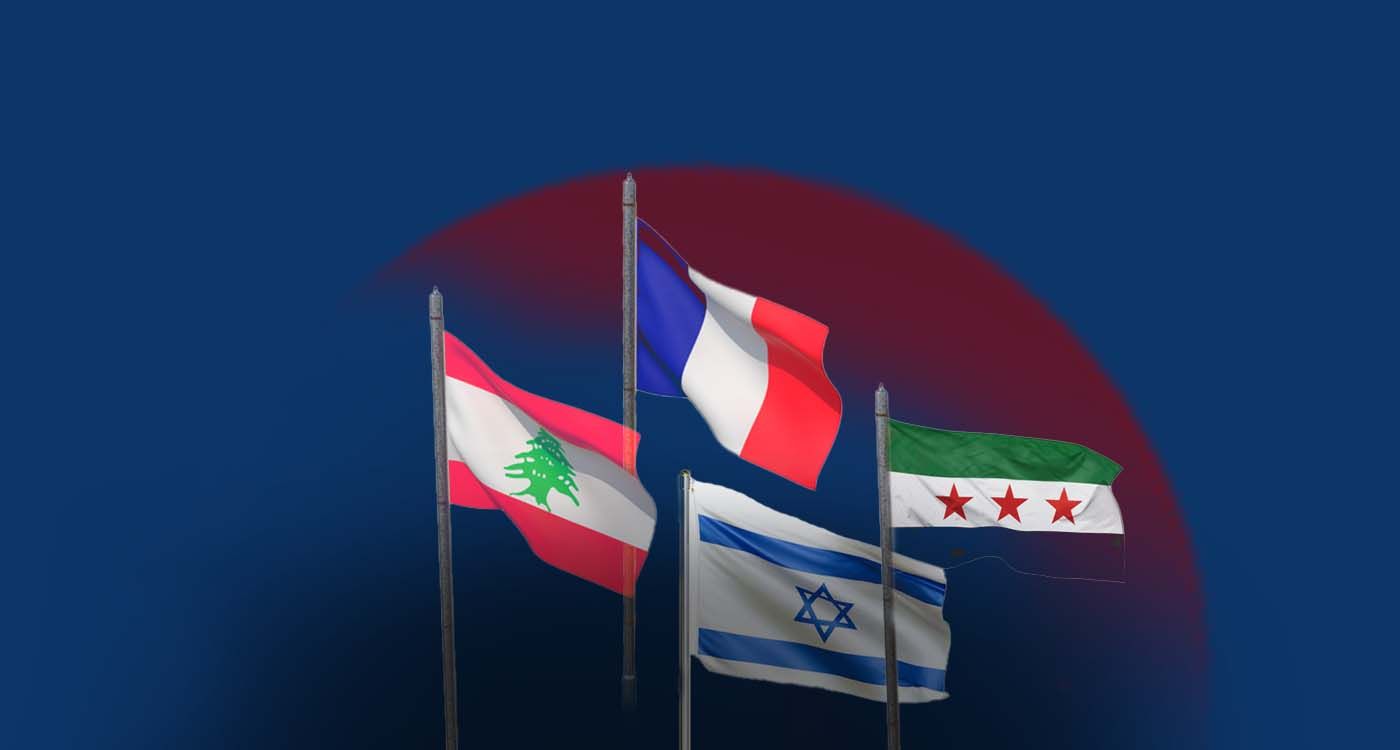
Lebanon’s modern history has been shaped by successive forms of foreign tutelage, beginning with the proclamation of Greater Lebanon 105 years ago. Over the course of half a century, the country experienced various mandates and occupations: 23 years under the French Mandate, 30 years under Syrian domination, alongside repeated Israeli invasions and indirect forms of guardianship without troops on the ground, as seen during Nasser’s era.
Against this backdrop, Lebanon’s communities have consistently demonstrated a tendency to seek foreign protection, rarely embracing the idea of Lebanon’s finality unless bolstered by power. During the First Republic, Christians championed the state’s existence, only to contemplate relinquishing it in the Second. Sunnis came to view Lebanon, with its Arab identity, as their rightful homeland. The Shia, for their part, recognized Lebanon’s permanence only once demographic realities tilted in their favor.
Today’s phase may appear different on the surface, yet it reflects the same enduring pattern: a near-instinctive reliance on foreign sponsorship to address Lebanon’s crises. In 1990, Syria’s military presence effectively served as a bargaining chip, a reward from Washington for Damascus’s role in the Gulf War. Now, a similar dynamic prevails: whoever succeeds in curbing Hezbollah’s arsenal will likely treat Lebanon as the prize. This logic has fueled speculation that the country could once again fall under Syrian oversight, or be subcontracted to Ahmad al-Sharaa to manage regional affairs, a prospect that helps explain the renewed Lebanese overtures toward Syria’s new president.
Meanwhile, separatist currents are once again gaining ground across the region, coupled with renewed talk of sectarian mini-states, an idea first floated before 1982 by Zionist thinkers seeking to legitimize Israel’s existence as a religious entity within a pluralistic Middle East. Ironically, many who once opposed this notion now regard it as both logical and necessary. The Druze of Sweida provide a striking example: once staunchly opposed to such ideas, they eventually sought Israeli protection against encroachment by Muslim extremists.
The examples and narratives are many, yet one constant endures: Lebanon, tragically, continues to seek foreign guardianship as a way of validating its existence. Evidence of this is striking: even a cabinet session to discuss arms regulation requires external mediation and support. One can only imagine the scale of intervention that would be necessary if the discussion moved from debate to actual implementation.



Comments